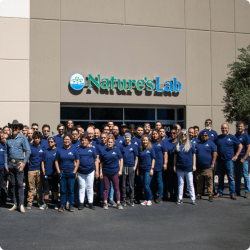

Every season requires a different focus to keep your skin and body healthy. During the fall, as the temperature drops, adapting your regular routine to the weather will help skin maintain its natural glow. Use these fall beauty & health tips to help you transition your routine to meet the cooler fall weather.
Drink More Water

Believe it or not, when the weather gets colder the body can lose fluid the same way it does in hotter climates. Because of heavier layers of clothing, and higher rates of energy being used in colder climates, your body sweats out fluid. Maintaining an appropriate intake of water will help to keep the skin supple. Drinking more water will also help combat dry skin as well, which can come from the drop in temperature.
Get Enough Vitamin D
Vitamin D is essential in the body. It helps promote calcium absorption which is necessary for strong bones.* The fall season brings shorter daylight hours which means less vitamin D can be taken in from the sun. Keeping vitamin D levels at their recommended levels can come from food sources like salmon or tuna. Taking a quality vitamin D supplement will also help to ensure vitamin D levels don’t drop too low.
Use a Humidifier

Along with keeping a consistent skincare routine, introducing a humidifier at home or the office during the fall can boost hydration. Because the cooler months often lead to more dryness, humidifiers are a good option to add moisture to the air. The more moisturized the air, the better your skin will be able to absorb it.
Include Vitamin C in Your Regimen

Not only does vitamin C help keep you healthier during the colder months it also works to combat SPF rays from damaging your skin.* Even though the amount of sun is diminished with the shorter daylight hours there is still the chance of the sun’s SPF rays not fully being blocked by your sunscreen. Vitamin C can also even skin pigmentation, helping boost collagen production which results in a brighter complexion.*
Exfoliate Often

Using a good moisturizer will help alleviate dry skin but during the fall months an exfoliator will help the moisturizer work even better. Sloughing off the dead skin cells will help reveal softer skin underneath. Then once the moisturizer is applied the skin will be able to absorb it better to maintain soft, supple skin. Many dermatologists recommend prioritizing the combination of exfoliation and hydrating with a moisturizing cream during the fall season.
Revitalizing Vitamins

Nature’s Lab provides high-quality supplements to meet your health needs for the change in seasons, including those we just mentioned in the blog. The beauty collection offers a variety of supplements to promote skin hydration, healthy-looking hair, and strong nails during the fall season and beyond.
Nature's Lab Hair, Skin & Nails contains a combination of essential vitamins, amino acids, minerals, antioxidants and nutrients. It’s key benefits include:
• 4,000 mcg of biotin
• Helps supports healthy hair, skin, and nails*
• Essential vitamins promote hydrated skin*
• Contains MSM to support keratin*
• Contains silica and branched-chain amino acids*
Nature's Lab Gold Super Vitamin C 1000 mg is specially formulated to be gentle on the stomach while providing the benefits of quercetin and citrus bioflavonoids.* Only two capsules provide 1,000 mg of vitamin C, equal to 14 medium size oranges.
With 5,000 IU (125 mcg) of vitamin D3, Nature's Lab Vitamin D3 Plus can increase your daily intake of this important nutrient during the fall months.* It features 100 mcg of vitamin K2 which works to help activate the D3.*
Shop our full collection of beauty related supplements.
References
Micronutrient inadequacies in the US population: An overview. Linus Pauling Institute. (2023, January 3). https://lpi.oregonstate.edu/mic/micronutrient-inadequacies/overview







